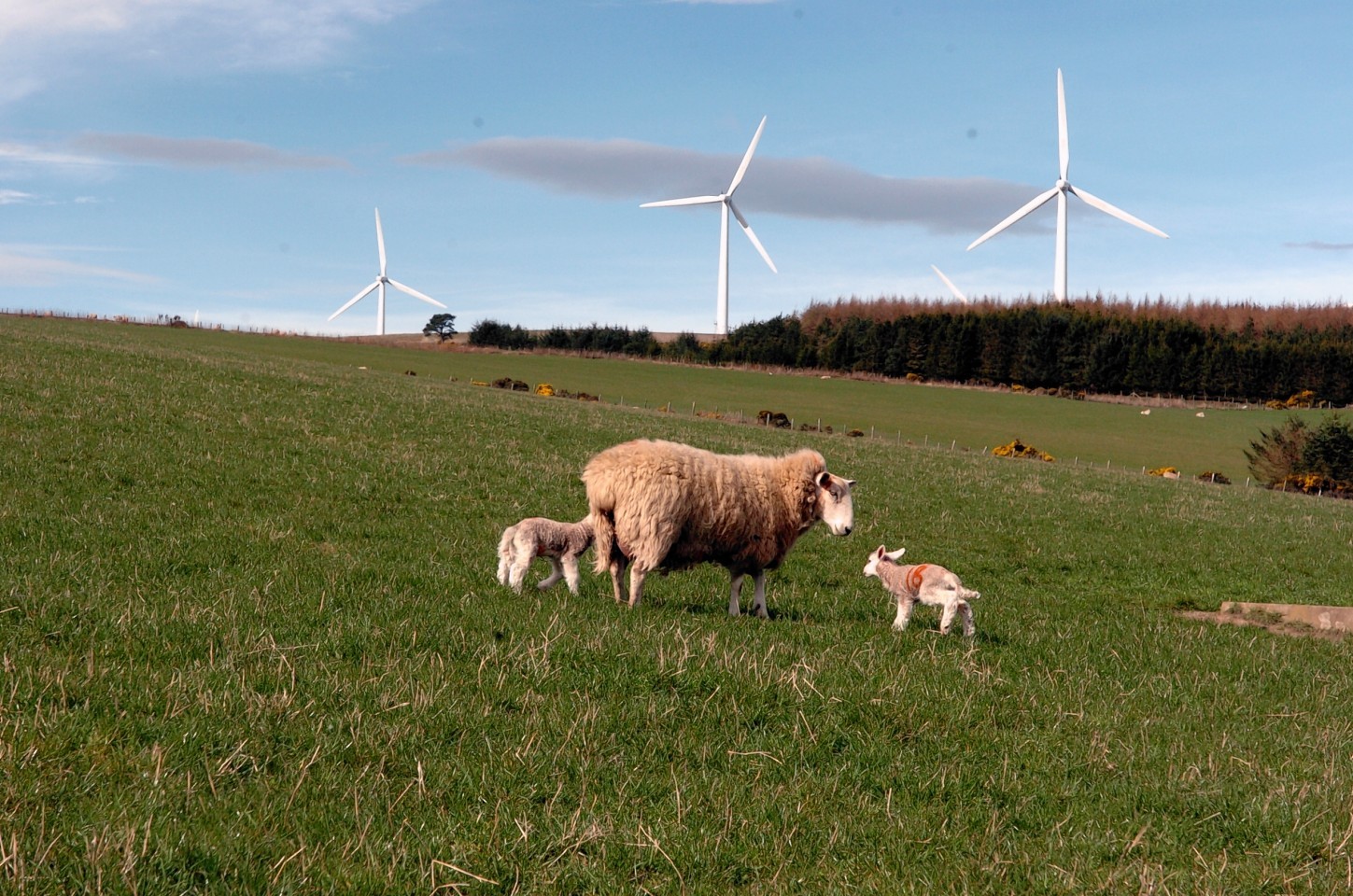The Land Reform Review Group final report released last week is unlikely to be criticised for not being radical enough.
Chaired by former Church of Scotland moderator Alison Elliot it contains recommendations, which, were they to be taken up by the Scottish Government, would lead to some major changes including a limit on the acreage owned by any one individual or business entity.
Much of the thrust of the report can be deciphered from its title, Land of Scotland and the Common Good.
Community ownership is encouraged with the target of 1million acres of urban and rural land under such management by 2020 endorsed. Public funds should be made available to help community land purchase and there should be plenty of government support in terms of advice.
This review should not be confused with the work of the agricultural land holdings legislation review group which is still in the consultation phase. There is some overlap, however, with Ms Elliot’s group taking some views on tenancy matters.
The requirements for tenants to register to have a pre-emptive right to buy is seen as an unnecessary constraint.
The question of the more radical absolute right to buy is somewhat tempered by a suggestion that consideration is given to the concept of “conditional right to buy”.
The creation of a Scottish Land and Property Commission is proposed as is further development of the Scottish Government’s land use strategy which should, says the report, look at ways of reducing rural landowners’ choices over how they use their land.
The 260-page report contains 62 recommendations in all including a proposal that the exemption of non-domestic rates enjoyed by farm buildings and land should end. The government is encouraged to consider land value taxation.
NFU Scotland was quick to respond, however, claiming that the Scottish Government had already rejected the idea of rating farmland and buildings.
Scottish Land and Estates, which represents landowners throughout Scotland, said the report appeared to be based on a bias against private landownership and made “a series of unfounded recommendations that will create more publicly funded bodies, increase bureaucracy and place an even heavier burden on the public purse”.
SLE chief executive Douglas McAdam said: “This report is extremely disappointing in that it does not reflect the very substantial social, economic and environmental contribution made to Scotland by private landownership of all scales – something that successive Scottish administrations have recognised.
“The majority of the recommendations in this report will also affect people in Scotland who only own one property or a small area of land or river. It is not just farmers and estates who will have concerns – all owners of property and land across Scotland including urban areas will be affected by these proposals. Continual references to a concentrated land ownership pattern do not take account of the fact that tens of thousands of people own rural Scotland.”
Christopher Nicholson, chairman of the Scottish Tenant Farmers Association, said: “The recommendations on the existing tenants’ right to buy are commonsense.
“The requirement to register an interest in to trigger a pre-emptive right to buy is unnecessary and has already deterred a number of tenants from registration and the requirement to re-register will account for many lapsed registrations.
“Tenant farmers widely support a conditional right to buy and we welcome the review group’s endorsement, and look forward to seeing how it can be applied in the public interest.”
